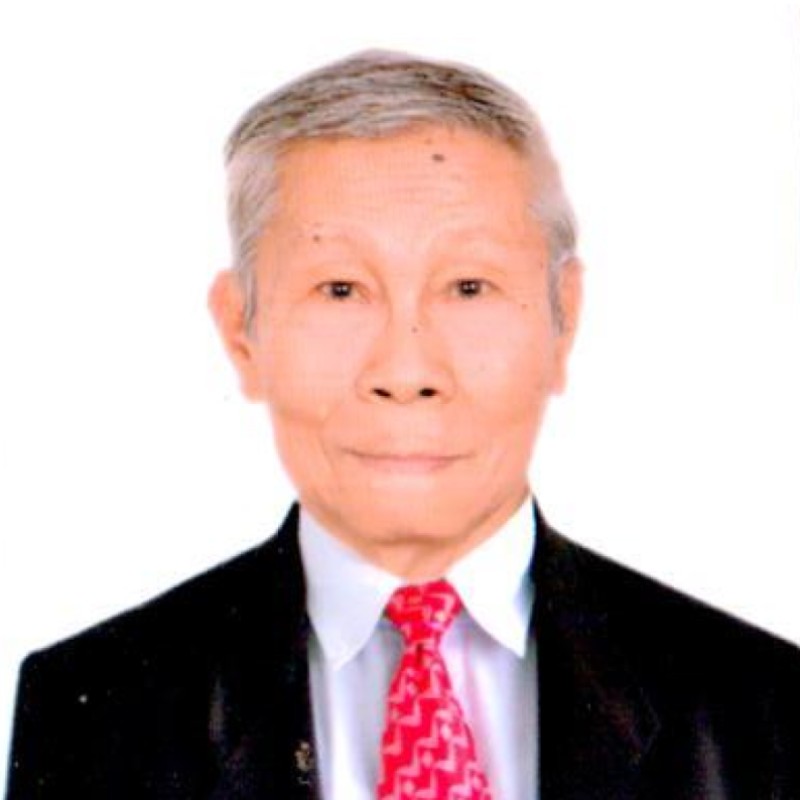GLIMPSES & GAZES
By Severino C. Samonte
Why there is a need for Charter Change
Share
In my Dec. 8, 2023 column, I wrote that the 1987 Philippine Constitution will turn 37 years old on Feb. 2, 2024 despite a series of attempts by certain groups since the last quarter of the 1990s to change some of its economic provisions or even replace it entirely with a new one that will be more responsive to the needs of the present time.
The final sentence of that column ran this way: "To date, the 1987 Constitution remains in effect, but some sectors continue lobbying for changes in some of its provisions."
That was after I quoted from the 1998 Centennial Edition of the Philippine Almanac for Children which narrated that "the present Constitution was the seventh revision of the country's basic law since the Philippine independence from Spanish rule in 1898."
Why do we have to revise our so-called basic law of the land every now and then? It is because we are seeking a more suitable Constitution for our country, one that will need just simple amendments in the course of time.
Last Dec. 17, House Speaker Ferdinand Martin Romualdez said the country's lawmakers would make "another pitch for constitutional amendments next year, focusing on economic provisions deemed very prohibitive" at present.
Noting that the 1987 Charter is no longer attuned to the digital times, the House leader from the Visayas region said: "In summary, our Constitution, as noble and well-intentioned as it is, has elements that are no longer adaptive to our needs."
As expected, there have been immediate adverse reactions to Romualdez's statement, indicating protracted discussions and debates that could be generated by the revival of the controversial charter change proposal next year.
According to Senate President Juan Miguel Zubiri: "Any attempt to change the 1987 Constitution would be an exercise in futility since most of my colleagues in the Senate are against it."
Another Senate ranking official, Minority Leader Aquilino "Koko" Pimentel III, a former Senate president himself, has this to say: "Members of the House of Representatives would need to do a lot of convincing of senators if they will be pushing charter change next year." He clarified, however, that he is open to the proposal provided that the discussion would be limited to the shift of government to federalism, which his late father, former Senate President Aquilino Pimentel Jr., also espoused.
Senator Cynthia Villar also expressed her opposition to changing the Constitution, saying the Filipino people are against it. "If the people don't like it, then I don't like it too," she added.
Albay Rep. and Liberal Party President Edcel Lagman has expressed reservation on the proposed charter change, saying "Congress should not liberalize foreign equity and ownership of sensitive corporations and enterprises at the expense of patrimony."
Meanwhile, Surigao del Norte Rep. Robert Ace Barbers has said that "36 years after the adoption of the 1987 Constitution should be more than enough time for the country's highest elected officials to understand the urgent need to revise the Charter so that the Philippines will no longer lag behind its neighbors."
The lawmaker from Mindanao noted as an example the country's membership in the Association of Southeast Asian Nations or ASEAN where the Philippines is now ranked eighth or just two notches from the bottom.
He recalled that "from being an ASEAN leader, we are now No. 8 out of 10 nations. Vietnam and Cambodia have overtaken us. How much more in Asia and the world? We have to wake up from our deep slumber and constant denial for the need to change. It is time for a reality check. The time is now!"
There are several valid reasons why some groups of people are pushing for charter change.
The present Charter contains some provisions that are not beneficial for the country and its ever-growing number of people.
For one thing, there is the popular belief that the 1987 Constitution "failed to prohibit political/family dynasties" and "to maintain honesty and integrity in the public service and take positive and effective measures against graft and corruption."
There is also a need for the country's political organizations to return to the two-party system from the current multi-party and party-list system of elections provided in the 1987 Constitution.
In the new Constitution to be drafted, it is hoped that political turncoatism or frequent changing of parties will be eliminated. This means that elected officials or candidates will not be allowed to switch political parties for convenience, particularly during an election period.
This writer is suggesting that Section 10 of Article XII (Constitutional Commissions) on political parties of the discarded 1973 Constitution be included in the proposed Charter.
That was indeed a very nice provision that read: "No elective public officer may change his political party affiliation during his term of office, and no candidate for any elective public office may change his political party affiliation within six months immediately preceding or following an election."
Comments
About the Columnist

He began his journalistic career by contributing to the Liwayway and Bulaklak magazines in the 1960’s. He was the night editor of the Philippine News Service when Martial Law was declared in September 1972. When the Philippine News Agency was organized in March 1973, he was named national news editor because of his news wire service experience.
He retired as executive news editor in 2003. He also served as executive editor of the Malacanang-based Presidential News Desk from 1993 to 1996 and from 2005 to 2008.
